If you enjoy Ghost Bites, then make sure you’re on the mailing list for a daily dose of market insights in Ghost Mail. It’s free! SIGN UP >>>
Anglo taps the green market
Bankers always find a way to make money – welcome to the world of sustainability-linked finance
Unless you’ve lived under a rock for literally your entire life, you’ll know that money drives behaviour. People like nice things and nice things require money, so financial incentivisation is largely what makes the world go around. There are even those who claim not to be driven by money at all, offering consulting services to those who want to live the same way…
When the world’s most important capital allocators talk, the bankers listen. If there is a mandate to invest in projects with a sustainability angle, you can be sure that investment bankers will find those projects, structure them accordingly and only eat tofu in the week that the deal closes, in case there are any vegans on the credit committee.
Anglo American is raising €745 million through its inaugural sustainability-linked bond. The financing cost is 4.75% per annum and the debt matures in 2032.
Will the money be used for green projects? Possibly, but not necessarily.
What makes it linked to sustainability, then? Well, unless Anglo meets targets related to greenhouse gas emissions, fresh water usage and job creation, a penalty rate will apply. The rate increases by 40 basis points per annum for each target that isn’t met.
So, the lenders make more money if Anglo is less sustainable? Yes. Welcome to where investment bankers meet ESG. In theory, the rate is cheaper to start with because of the ESG targets, which encourages the behaviour.
In practice, I continue to be incredibly skeptical of this area of finance.
FirstRand puts in a solid performance
If Twitter is anything to go by (as well as my own experience), FNB needs to wake up
Under Michael Jordaan’s leadership some years ago, FNB positioned itself as the bank for tech-savvy people.
Why? Because tech-savvy people have money. It’s hard to be an Apple enthusiast if you can barely afford the fruit, let alone the iPhone.
A banking client base tends to be sticky, so the benefits are felt for years on end. I’ve noticed a clear trend on Twitter though of people who are very upset with FNB’s offering. If you’ve ever been through their FICA process that makes you feel like a criminal just for having an account with them, you’ll know what I mean.
We can’t see it in the FirstRand numbers, though. Not yet at least. Return on Equity (ROE) for the year ended June 2022 at 20.6% is lovely and the annual dividend at 342 cents per share is the highest in the group’s history. There’s a special dividend of 125 cents per share on top of that, just as an added sprinkling of joy for shareholders.
With only a 6% increase in pre-provision operating profit, the top-line growth and expense management was decent but not spectacular. The earnings growth was really driven by a far healthier credit environment, with the impairment charge down by 48%.
If you’re wondering about the split, FNB contributed 60% of normalised earnings, RMB was good for 25% and WesBank was 5%.
The group is looking to win more market share in lower-risk business. Lower-risk clients tend to be more discerning though (at least in retail banking), so they will need to improve the service experience. On the corporate side, growth in advances picked up in the second half of the year, most likely as a result of inflated balance sheets due to working capital pressures.
Despite this good news story, the share price is only 6.5% higher this year. It is trading at similar levels to November 2019. As the net asset value per share is R29.389, the share price of R65.44 is a Price/Book multiple of 2.23x. Based on ROE of 20.6%, the effective ROE (as you are paying a premium for the “E” – the equity) is 9.2%.
This is expensive in my view for a banking group, so the market is pricing in a lot of growth. This would explain the sideways share price this year.
Metair? Met Eish.
With HEPS down by 74%, this was a period that Metair could never have imagined
Metair’s major customers in South Africa are Toyota and Ford. One of them got flooded to the point of shutting down production for a few months and the other one struggled to get semiconductors (microchips), with a major impact on production. Just to make the recipe even spicier, the Turkish energy business operates in a hyperinflationary economy.
It’s hard to make money off that base. It’s also really difficult to achieve meaningful financial reporting, as the level of “normalisation” in the numbers is extraordinary.
One thing we all understand is the concept of dividends. Needless to say, there isn’t one for Metair shareholders based on this period.
A business insurance claim of R360 million was recognised as income in the six months ended June 2022, of which R150 million has been received. The insurance is capped at R500 million, a number that Metair expects to reach in the second half of the year.
Although revenue only fell by 2%, EBITDA was down by 57% and net debt increased from R2 billion to R2.4 billion. Metair notes that most of the South African debt is classified as current and that there is a “technical covenant breach” – this means that your bankers stop inviting you to their box at the rugby and instead take you to the basement boardrooms for a tough conversation.
Discussions with funders are described as being “positive” and Metair doesn’t believe that they will recall the debt, so the trips to the basement have been fruitful. I also can’t see that the bankers pulling the plug, as the issues here were clearly based on freak events that hit the business simultaneously. The best outcome for the banks and certainly for shareholders is to help the group get back on its feet and service the debt.
Clearly, the focus is on cash generation and preservation. All non-essential capex has been deferred. If you’re planning to wait for a Metair dividend, I suggest that you stand in a few Home Affairs queues to practice your patience.
Little Bites
- Discovery Health CEO Dr. Jonathan Broomberg has bought shares in Discovery worth R987k.
- City Lodge has released an updated trading statement for the year ended June 2022 and as expected, things look a lot better. The base period was destroyed by Covid, with the company still trying to recover from that pain. The previous trading statement was more conservative, noting that HEPS will show an improvement of at least 75%. The latest guidance is that the loss will be between 87% and 93% smaller, coming in at -90.9 cents. On a share price of R4.28, that’s clearly still a material loss. I look forward to the detailed results being released.
- Remgro’s trading statement for the year ended June 2022 reflects headline earnings per share (HEPS) growth of between 120% and 130%. Before you get excited, the reason I’m even mentioning this update is that it means very little in the Remgro context. As an investment holding company, the focus is on net asset value (NAV) per share. The group uses HEPS in the context of deciding whether a trading statement is necessary, as this is what the JSE rules require. Investors should wait for the release of full results rather than trying to read anything into this trading statement.
- Texton’s trading statement is more useful, although it is also far less promising. Distributable income for the year ended June 2022 is expected to be between 43.35% and 49.31% lower. There will at least be a dividend at a decent payout ratio (75% – 85%) as the board is committed to retaining REIT status.
- SA Corporate Real Estate released results for the six months ended June 2022. Distributable income is up 5.2% and the net asset value (NAV) per share is 4.8% higher at 412 cents. Including derivatives, the loan-to-value (LTV) ratio is 37.8%, down slightly from 38.5%. At a closing price of R2.14 the fund is trading on a discount to NAV of 48%.



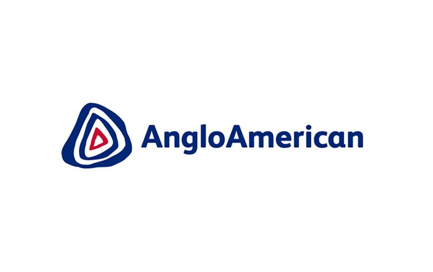
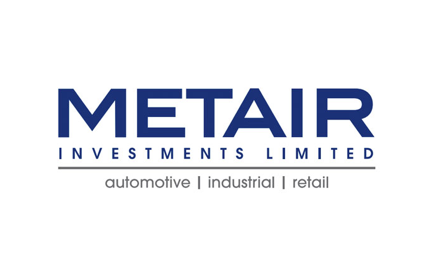
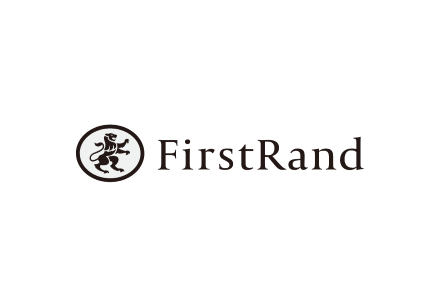
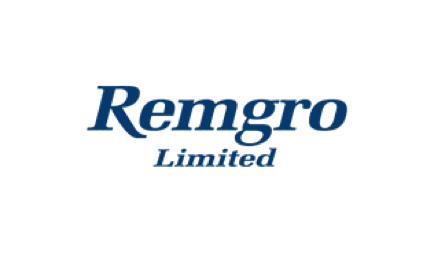
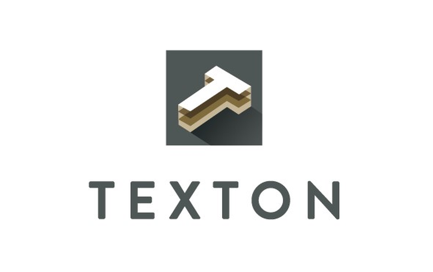
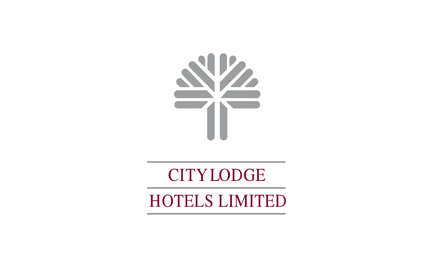


SEKERLIK N FOUT IN “TREASURY ONE ” ARTIKEL,, ALMAL WAT LANK IS OP DIE DOLLAR SMILE””””
JULLE ARTIKEL SE KORT.